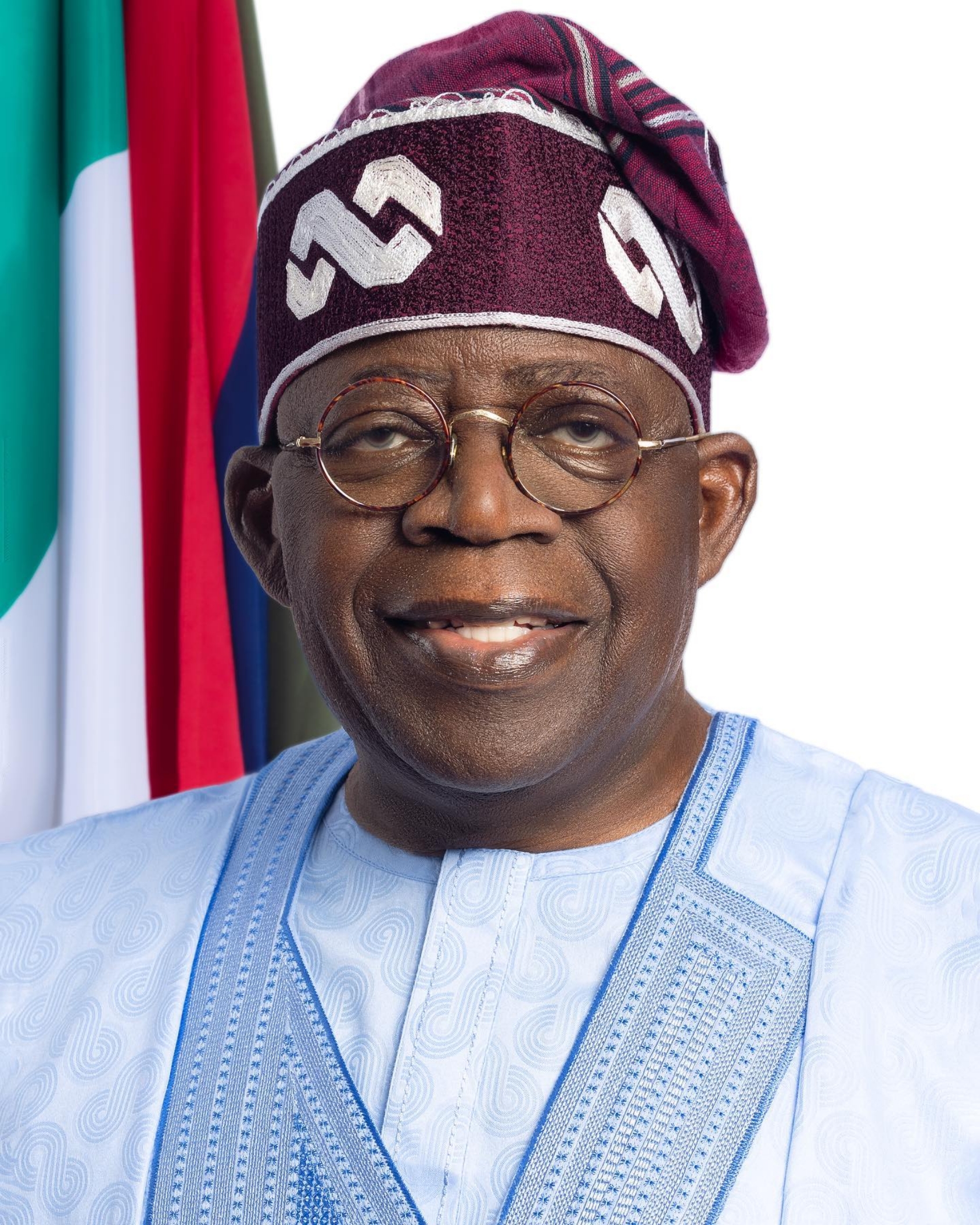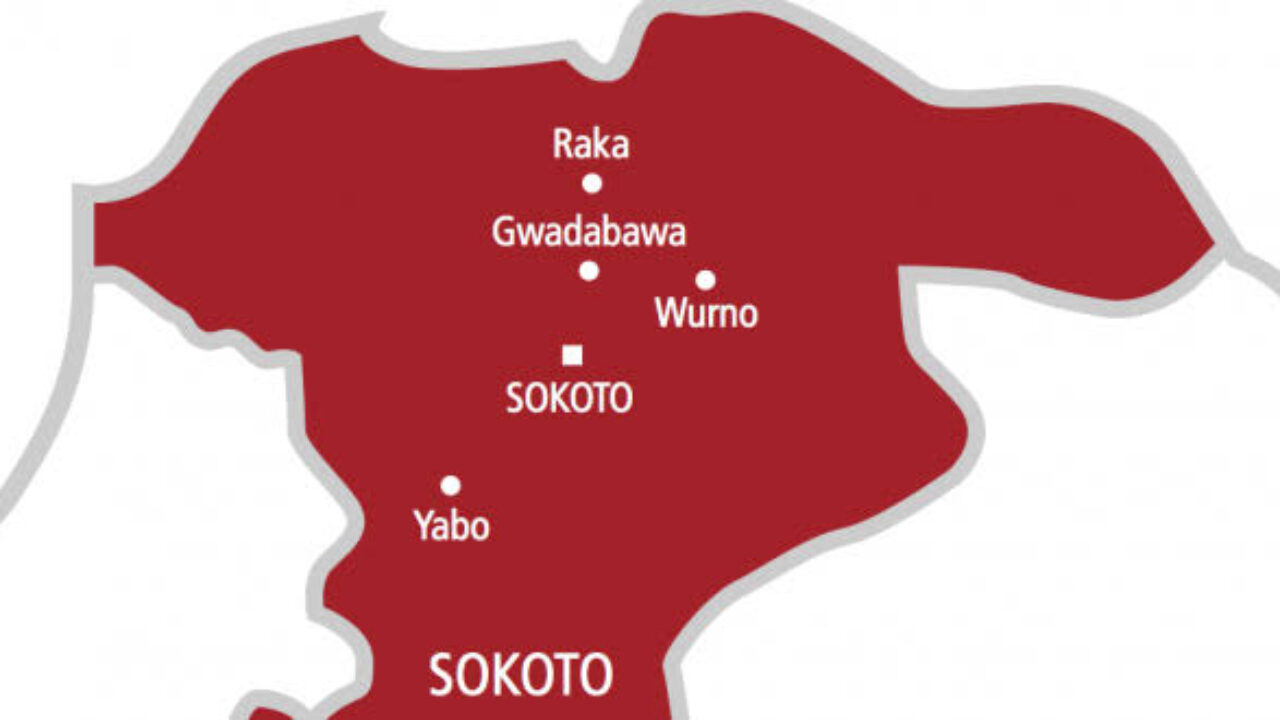President Bola Tinubu has warned that Africa’s economic prospects will remain limited as long as the continent operates in fragmented markets, insisting such disjointed systems “cannot achieve industrial scale, negotiate effectively with global powers, or withstand external shocks.”
He reaffirmed Nigeria’s commitment to building an Africa where borders facilitate, rather than hinder, trade, investment, and economic opportunity.
Tinubu urged African governments to demonstrate the discipline required to modernise their borders in line with the demands of a fast-evolving technological age.
Declaring open the Customs Pact, Partnership for African Cooperation in Trade (C-PACT), on Monday in Abuja, the President said the gathering of leaders and partners from across the continent signals a shared resolve to “discard the old habit of accepting slow borders as destiny.”
Represented by Vice President Kashim Shettima, he noted that African nations exist to complement one another, but size, resources, and talent mean little “if they are trapped behind inefficient borders and fragmented markets.”
“Nigeria remains firmly committed, structurally and operationally, to building an Africa that trades by design, where integration is practical, measurable, and effective. Our ambition is simple: a continent where borders create opportunities, not obstacles,” Tinubu said.
He stressed that Africa’s ability to prosper hinges on deeper integration, which strengthens industrialisation, collective bargaining power, and supply chain resilience.
Nigeria, he added, is backing its commitments with real systems and infrastructure, not rhetoric, because “a continental market can only be engineered, not declared.”
Tinubu noted that although African nations have taken a bold step by agreeing to integrate through the African Continental Free Trade Area (AfCFTA), the real test now lies in implementation.
“Success will be judged not by communiqués but by real outcomes: shorter border-crossing times, reliable local-currency settlements, and efficient movement of goods across borders and ports.
“Our vision must translate from conference halls to the daily experiences of traders, manufacturers, logistics operators, and farmers,” he said.
The President linked his administration’s economic reforms to its commitment to eliminating barriers to trade and investment, improving competitiveness, and strengthening institutions for regional integration.
These reforms include unifying the foreign exchange windows, removing fuel subsidies to free resources for infrastructure, modernising ports for 24-hour clearance, adopting the Pan-African Payment and Settlement System, and prioritising non-oil export growth.
Tinubu highlighted coordinated efforts across key agencies, including the Nigeria Customs Service, Nigerian Ports Authority, Central Bank, Standards Organisation of Nigeria, and export-promotion bodies, describing them as essential to building a unified architecture for continental trade.
“No single agency can deliver the scale of reform required for Africa’s prosperity,” he said.
He cited measurable progress: intra-African trade is projected to grow from 15 per cent in 2023 to 25 per cent by 2030 under AfCFTA; Nigeria’s non-oil exports to African markets rose by 38 per cent in 2024; and cargo clearance time at major seaports has reduced by about 30 per cent since 2023.
Tinubu identified the National Single Window as central to Nigeria’s next-phase strategy, disclosing that phase one will go live in March 2026, with full rollout by December 2026.
The platform will allow businesses to submit import and export information once through a unified portal, automate inter-agency data exchange, deploy risk-based compliance, and cut clearance time from 21 days to under seven.
Earlier, Minister of Finance and Coordinating Minister of the Economy, Wale Edun, represented by Minister of State Doris Uzoka-Anite, urged African governments to keep dismantling barriers to trade and boost revenue, reaffirming Nigeria’s commitment to customs modernisation and a business-friendly environment.
Minister of Industry, Trade and Investment, Dr. Jumoke Oduwole, said the Tinubu administration has strengthened fiscal discipline, unified the exchange rate, and remains firmly committed to AfCFTA implementation under the Renewed Hope Agenda.
World Customs Organisation Secretary-General, Ian Saunders, commended Nigeria’s reform strides and pledged the organisation’s support for efforts to facilitate legitimate trade across Africa.
Afreximbank Executive Vice President, Kanayo Awani, endorsed ongoing modernisation initiatives by customs administrations across the continent.
Comptroller-General of Customs, Bashir Adewale Adeniyi, called for deeper cross-border collaboration, saying, “We cannot continue to work in silos.”
He noted that the Abuja engagement aims to strengthen customs participation in AfCFTA and enhance dialogue with the private sector.
AfCFTA Secretary-General, Wamkele Mene, assured that the Secretariat will work closely with the Nigeria Customs Service to ensure C-PACT’s objectives translate into tangible outcomes.






